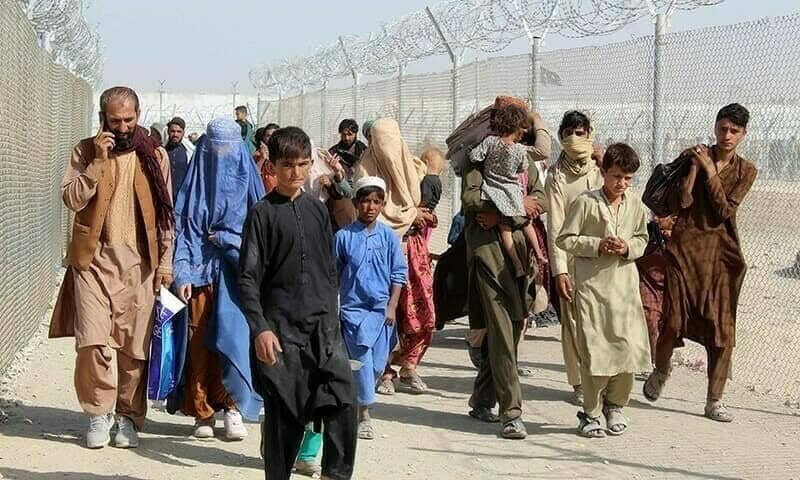Pakistan has decided to extend the stay of Afghan refugees holding Proof of Registration (POR) cards for another year, as announced following a cabinet meeting on Wednesday.
The federal cabinet, chaired by Prime Minister Shehbaz, approved the extension for 1.45 million Afghan refugees who are legally residing in Pakistan and whose POR cards had expired last month. This extension grants them legal status until June 30th next year.
The decision comes after United Nations High Commissioner for Refugees (UNHCR) Filippo Grandi met with Pakistani officials, including Prime Minister Shehbaz, praising Pakistan’s decision to suspend the “Illegal Foreigners Repatriation Plan.” The UNHCR emphasized the importance of timely extending POR cards, crucial identity documents for over 1.3 million Afghan refugees.
During discussions, PM Shehbaz highlighted Pakistan’s significant burden in hosting a large Afghan refugee population and called on the international community to acknowledge and share this responsibility collectively.
Pakistan continues to host approximately 3 million Afghan refugees, and the UNHCR has stressed the need for exploring comprehensive solutions, including voluntary repatriation, third-country resettlement, and longer-term options within Pakistan.
Last year, Pakistan initiated efforts to repatriate undocumented foreigners, including Afghan nationals, with over 500,000 Afghans returning home since the campaign began, according to UN reports.
Amidst heightened security concerns nationwide, the caretaker government last year decided to repatriate illegal refugees, including undocumented Afghans. This initiative has resulted in the deportation of more than 500,000 undocumented Afghans.
In today’s meeting, the federal cabinet also approved a plan to abolish the Pakistan Public Works Department (Pak PWD) and establish the Pakistan Infrastructure Development Company to oversee federal development projects. Additionally, the cabinet decided to form the Asset and Facility Management Company for maintenance works, transitioning federal projects to provincial departments.
The cabinet’s decisions aim to streamline government operations and enhance efficiency across various sectors, including health, education, and infrastructure development.
This move underscores Pakistan’s commitment to managing its refugee population responsibly while addressing internal governance and developmental challenges effectively.













